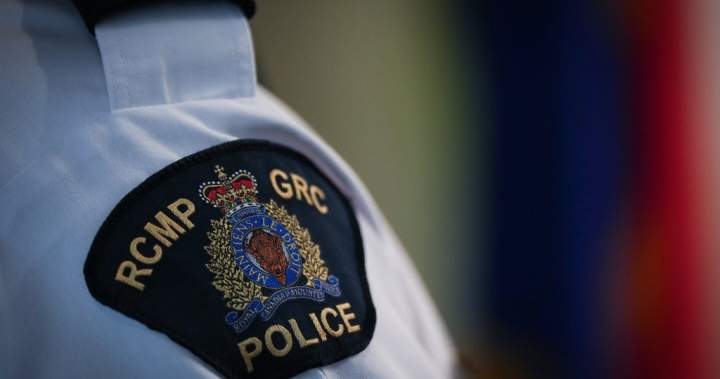In a disturbing development that has sent shockwaves through Quebec’s security apparatus, a 38-year-old Montreal resident appeared in court Monday facing serious terrorism-related charges after allegedly making threats against Montreal’s Pierre Elliott Trudeau International Airport and Hydro-Québec facilities.
The suspect, identified as Ali Karaki, stands accused of threatening to commit terrorist acts and spreading fear within the public by suggesting impending violence against critical infrastructure. According to court documents obtained by CO24, Karaki allegedly made these threats between April 11 and April 15, prompting a swift response from law enforcement agencies.
The Royal Canadian Mounted Police (RCMP) led the investigation through its Integrated National Security Enforcement Team (INSET), which specializes in counter-terrorism operations. Officials arrested Karaki on April 15 following what they described as “credible information” regarding potential threats to public safety.
“These allegations represent a serious concern for public security,” said RCMP Superintendent Jean Lapointe during a press briefing. “We took immediate action upon receiving intelligence about potential threats targeting essential infrastructure that millions of Quebecers rely on daily.”
The targeting of both the airport and Hydro-Québec is particularly alarming given their critical roles in Quebec’s infrastructure. Montreal’s international airport serves as a vital transportation hub for eastern Canada, while Hydro-Québec provides electricity to over 4 million customers and represents a cornerstone of the province’s economy and energy independence.
Security measures at both locations have been heightened as a precautionary measure, though authorities have stressed there is no ongoing threat to the public. Airport operations have continued without disruption, with passengers noticing an increased police presence throughout terminal buildings.
Legal experts specializing in terrorism cases note the significance of these charges. “Threats against critical infrastructure are taken extremely seriously under Canadian law,” explained criminal defense attorney Marie Bouchard, who is not involved in the case. “The Criminal Code provisions regarding terrorism allow for significantly enhanced penalties compared to standard threats.”
Court records indicate Karaki is being held in custody pending a bail hearing scheduled for later this week. If convicted, he could face up to 10 years in prison under Canada’s anti-terrorism legislation.
This case emerges amid growing concerns about critical infrastructure security across North America, with intelligence agencies reporting increased threats against utilities, transportation hubs, and government facilities in recent years.
The incident also raises important questions about security protocols surrounding Quebec’s essential services. How effectively can we balance public access to critical infrastructure while protecting against potential threats in an increasingly complex security environment?
As this case moves through the judicial system, CO24 will continue to provide updates on this developing story and its implications for national security across Canada.











